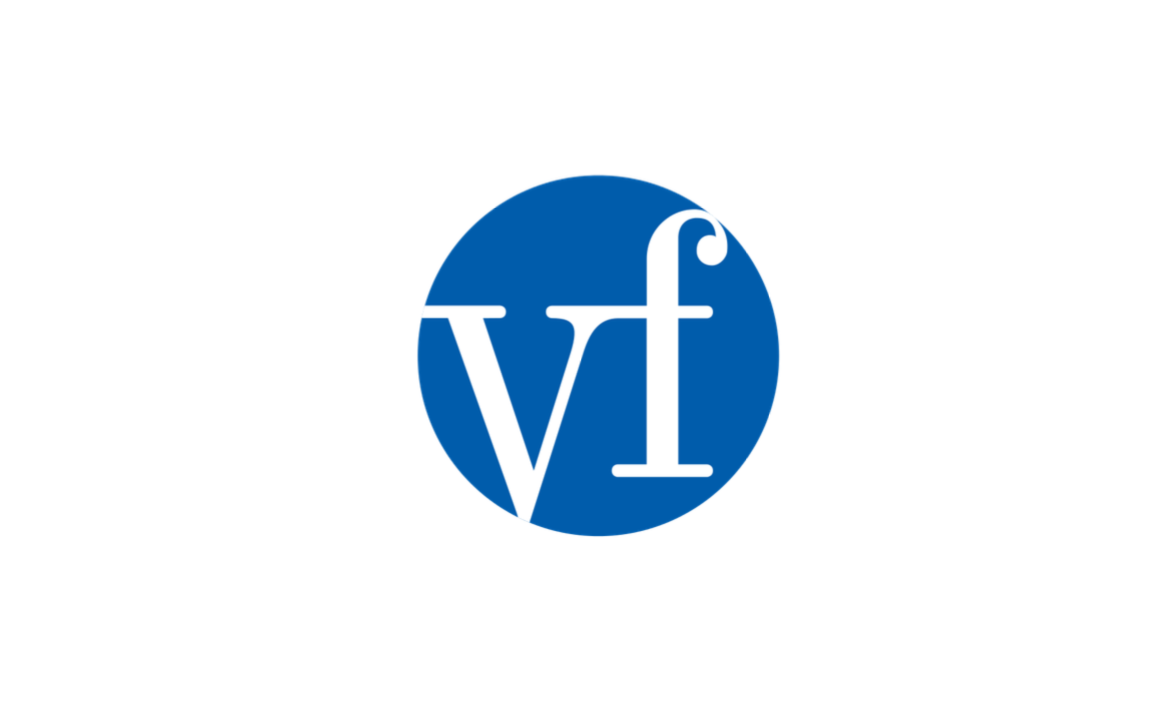
Store Closures Could Raise V.F. Corp's Need to Preserve Capital Despite Stable Long-term Outlook
The coronavirus outbreak has prompted a growing number of retailers to temporarily close their stores to help slow the spread of the virus.
Earlier this week V.F. Corp (VFC) announced plans to shutter its North American stores through April 6 in addition to previously announced closures throughout Europe and Asia.
With revenue set to take a big hit for at least several weeks, retailers must decide how cautious to be with preserving capital.
Company-owned stores account for about 30% of V.F. Corp's revenue and provide the biggest hit to profitability when demand drops due to their high fixed costs.
Online sales contribute another 10% and could be relatively more resilient during this period, but the remaining 60% of sales are generated from selling its products on a wholesale basis to other retailers, many of which are in capital preservation mode and not moving much of their current inventory.
It's unclear how quickly stores will reopen, but there's a very non-zero chance that closures last well beyond a couple of weeks as more dramatic social distancing actions are mandated across the country to combat the coronavirus.
Even when retail locations reopen, customers could be slow to return as they gradually move past their fears of lingering contagion.
For example, approximately 90% of V.F. Corp's stores in China are now open again for business. However, management said that traffic "remains down significantly" compared with the prior year.
The most conservative retailers are preserving capital out of an abundance of caution, recognizing that this unprecedented storm could persist a lot longer than some folks think.
For example, TJX Companies (TJX), an off-price retailer, announced on March 19 that it was evaluating its dividend policy in response to "the rapidly changing market uncertainty" caused by the global pandemic:
Earlier this week V.F. Corp (VFC) announced plans to shutter its North American stores through April 6 in addition to previously announced closures throughout Europe and Asia.
With revenue set to take a big hit for at least several weeks, retailers must decide how cautious to be with preserving capital.
Company-owned stores account for about 30% of V.F. Corp's revenue and provide the biggest hit to profitability when demand drops due to their high fixed costs.
Online sales contribute another 10% and could be relatively more resilient during this period, but the remaining 60% of sales are generated from selling its products on a wholesale basis to other retailers, many of which are in capital preservation mode and not moving much of their current inventory.
It's unclear how quickly stores will reopen, but there's a very non-zero chance that closures last well beyond a couple of weeks as more dramatic social distancing actions are mandated across the country to combat the coronavirus.
Even when retail locations reopen, customers could be slow to return as they gradually move past their fears of lingering contagion.
For example, approximately 90% of V.F. Corp's stores in China are now open again for business. However, management said that traffic "remains down significantly" compared with the prior year.
The most conservative retailers are preserving capital out of an abundance of caution, recognizing that this unprecedented storm could persist a lot longer than some folks think.
For example, TJX Companies (TJX), an off-price retailer, announced on March 19 that it was evaluating its dividend policy in response to "the rapidly changing market uncertainty" caused by the global pandemic:
"Additionally, while we are evaluating our dividend in the near term, I want to emphasize that we remain committed to paying our dividends whenever the environment normalizes for the long term, as we have been for decades."
TJX takes its dividend policy very seriously and is on pace to become a dividend aristocrat in 2022. The company also has an A+ credit rating from S&P and maintained a healthy free cash flow payout ratio near 40% before the virus outbreak.
Yet visibility is so poor and ongoing fixed costs for company-owned stores are so high that management appears to be considering temporarily suspending its dividend until the retail environment returns to normal.
It's hard to imagine a company like TJX sacrificing its dividend for a period of time, but we are also living in unprecedented times, especially for consumer-facing retailers which increasingly need to make decisions out of an abundance of caution.
V.F. Corp is already a dividend aristocrat and would presumably be quite reluctant to jeopardize its status. Yet it faces many of the same headwinds as TJX.
For example, in fiscal 2019 V.F. Corp's selling, general, and administrative (SG&A) costs totaled about $5.4 billion (~40% of revenue). These include costs of product development, advertising, store operations, warehousing, distribution, and administration.
Even without advertising, SG&A totaled about $4.6 billion last year. Many of these costs are fixed, making retailers' profitability especially sensitive to drops in revenue.
V.F. Corp's dividend costs another $770 million per year (50-60% of free cash flow), so it doesn't seem unreasonable to assume that the retailer has at least several billion dollars of obligations to meet each year, regardless of its revenue level.
V.F. Corp's balance sheet had less than $600 million of cash on hand at the end of December, so if management begins to expect store closures to persist for much longer than several weeks, it would be prudent to tap its $2.2 billion of borrowing capacity available through its credit revolver.
We estimate that adding around $1 billion of debt to the balance sheet would increase V.F. Corp's net debt to EBITDA leverage ratio to 2x, and around $2 billion of incremental debt would cause leverage to rise to 2.5x.
While those aren't dangerously high levels of debt, it's hard to say if the uptick in leverage would threaten V.F. Corp's A credit rating.
The bottom line is that consumer-facing retailers face unprecedented uncertainty and high costs in the weeks and months ahead, which could lead to increasingly drastic measures to preserve liquidity if the demand outlook remains bleak.
Aside from a few exceptions, most of these businesses weren't in great shape to begin with. In fact, only three of the 19 apparel retailers and department stores we cover had Safe or Very Safe Dividend Safety Scores heading into the coronavirus pandemic.
However, after seeing TJX's surprising dividend comments earlier this week, we believe it is appropriate to take an even more conservative stance with the strongest retailers as unusual short-term actions are considered to preserve liquidity.
Therefore, in light of this fluid situation, we are downgrading V.F. Corp's Dividend Safety Score to Borderline Safe.
Management plans to provide an operational and financial update during the firm's earnings call in May 2020, hopefully providing more clarity.
A temporary dividend suspension would be surprising at this stage, and if stores reopen within a few weeks and demand returns as expected, then V.F. Corp's score could be upgraded quickly.
It's also worth noting that the peak sales period for retailers is in the second half of the calendar year, so the demand freeze could have come at a worse time.
Overall, we believe V.F. Corp's long-term outlook for growth and its dividend remain intact. Investors just have to be prepared for more short-term volatility due to the demand dislocation taking place across the industry.



